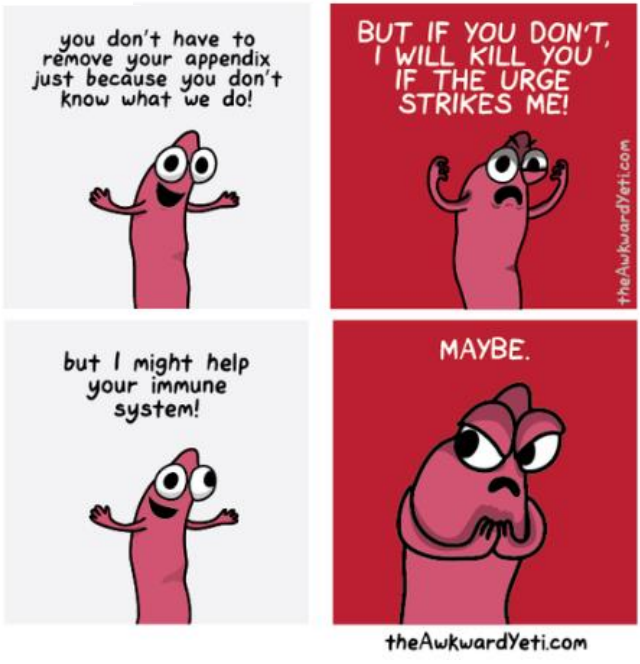Questões de Concurso
Sobre inglês
Foram encontradas 17.390 questões
Resolva questões gratuitamente!
Junte-se a mais de 4 milhões de concurseiros!
Em sala de aula, é importante incentivar a busca pela fluência em uma variante padrão específica.
A prática linguística no contexto da língua escrita deve permanecer como foco de ensino.
Concerning the concepts of skimming and scanning, judge the following item.
It is important to read the summary of an article to stablish
an adequate scanning process.
Concerning the concepts of skimming and scanning, judge the following item.
Looking up the meaning of a word in the dictionary is an
example of scanning.
Concerning the concepts of skimming and scanning, judge the following item.
Reviewing is one of the applications of the scanning method.
Concerning the concepts of skimming and scanning, judge the following item.
To find numbers or dates quickly in a text, we may use the
scanning method.
Considering information from text 7A1, judge the following item.
In “He noted that sarcasm and irony only make sense within
this widened context”, the adjective “widened” is
synonymous with expanded.
Considering information from text 7A1, judge the following item.
Several human aspects can be regarded as impediments to
correct interpretation of language.
Considering information from text 7A1, judge the following item.
Dr. Majfud warns about the excess of reliance on language
technology.
Considering information from text 7A1, judge the following item.
Michael Housman is a chess specialist.
Considering information from text 7A1, judge the following item.
Julio Cortázar would have called automatic translators
“zombies”.
Considering information from text 7A1, judge the following item.
In the text, there are examples of English-Portuguese cognate
words such as “sarcasm”, “cultural” and “cemeteries”.
Based on text 7A1, judge the following item.
Dr. Majfud considers that AI will soon be able to interpret
full sentences.
Based on text 7A1, judge the following item.
According to Dr. Majfud, we have a positive cultural future
if we trust technology.
Based on text 7A1, judge the following item.
Even though language is everywhere, its rules are not as
exact as in games.
Based on text 7A1, judge the following item.
Michael Housman explains that, for machines, it is easier to
translate than to play chess.
Based on text 7A1, judge the following item.
Despite the advances in technology, translation is still a
difficult task for artificial intelligence.
In the cartoon below we see an appendix, the body part, saying the following:
1. you don’t have to remove your appendix just because you don’t know what we do!
2. BUT IF YOU DON’T, I WILL KILL YOU IF THE URGE STRIKES ME!
3. but I might help your immune system! 4. MAYBE.

Analyze the following statements about the cartoon and mark T, if true, or F, if false.
( ) The second sentence contains a conditional.
( ) Sentence number 3 is a promise.
( ) “Might” in sentence 3 and “maybe” in sentence 4 both express possibilities.
The correct order of filling the parentheses, from top to bottom, is:
Fill out the gaps below with one the following words: that / where / which / who.
1. That’s the store ___ they buy their shoes.
2. The book, ___ we’ve been reading at school, was written long ago.
3. These are the directors and movies ___ I like.
4. Marie Curie is the woman ___ discovered radium.
Mark the alternative that fills out, correctly and respectively, the gaps in the sentences above.

Mark the alternative that fills out, correctly and respectively, the gaps in the sentences above.